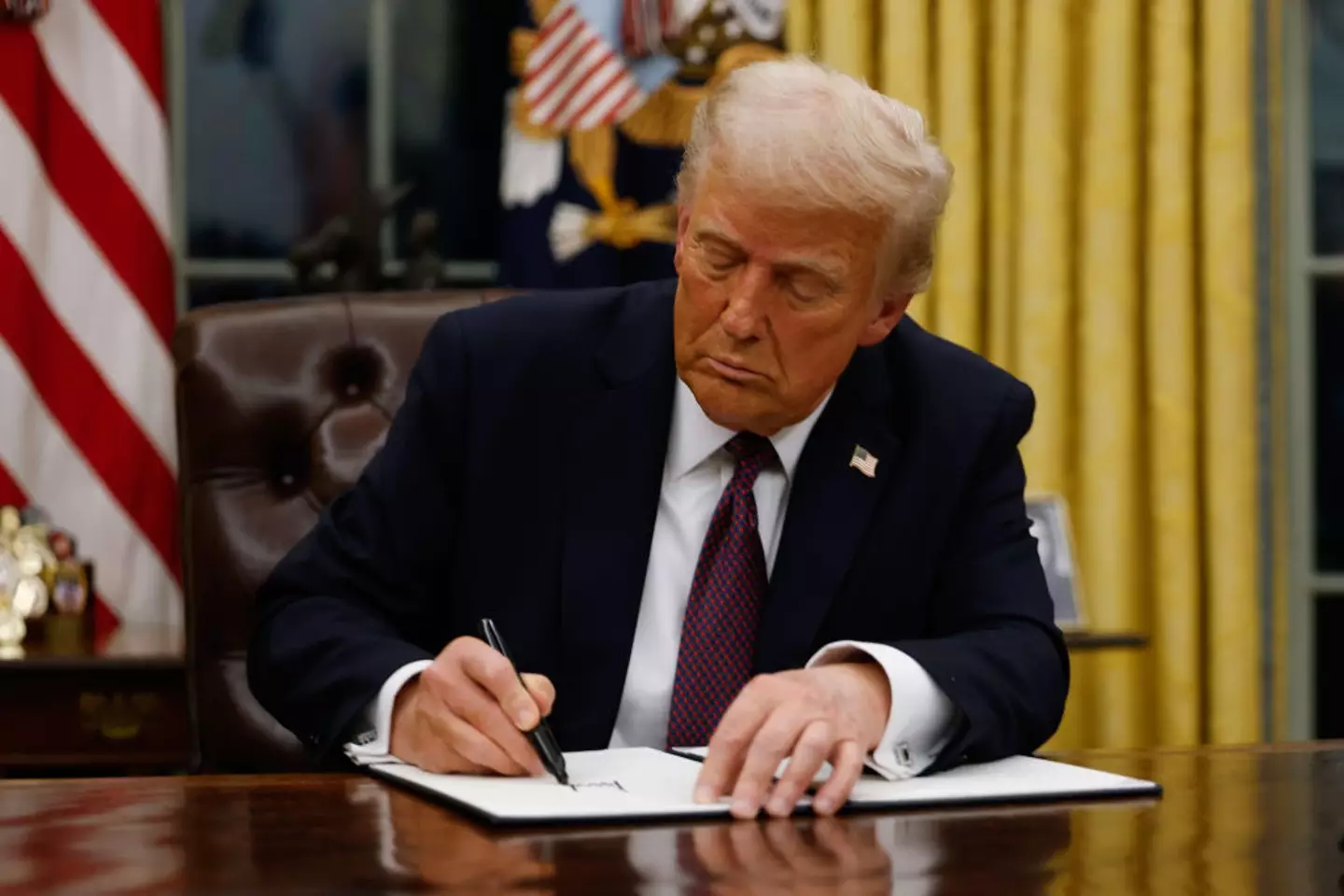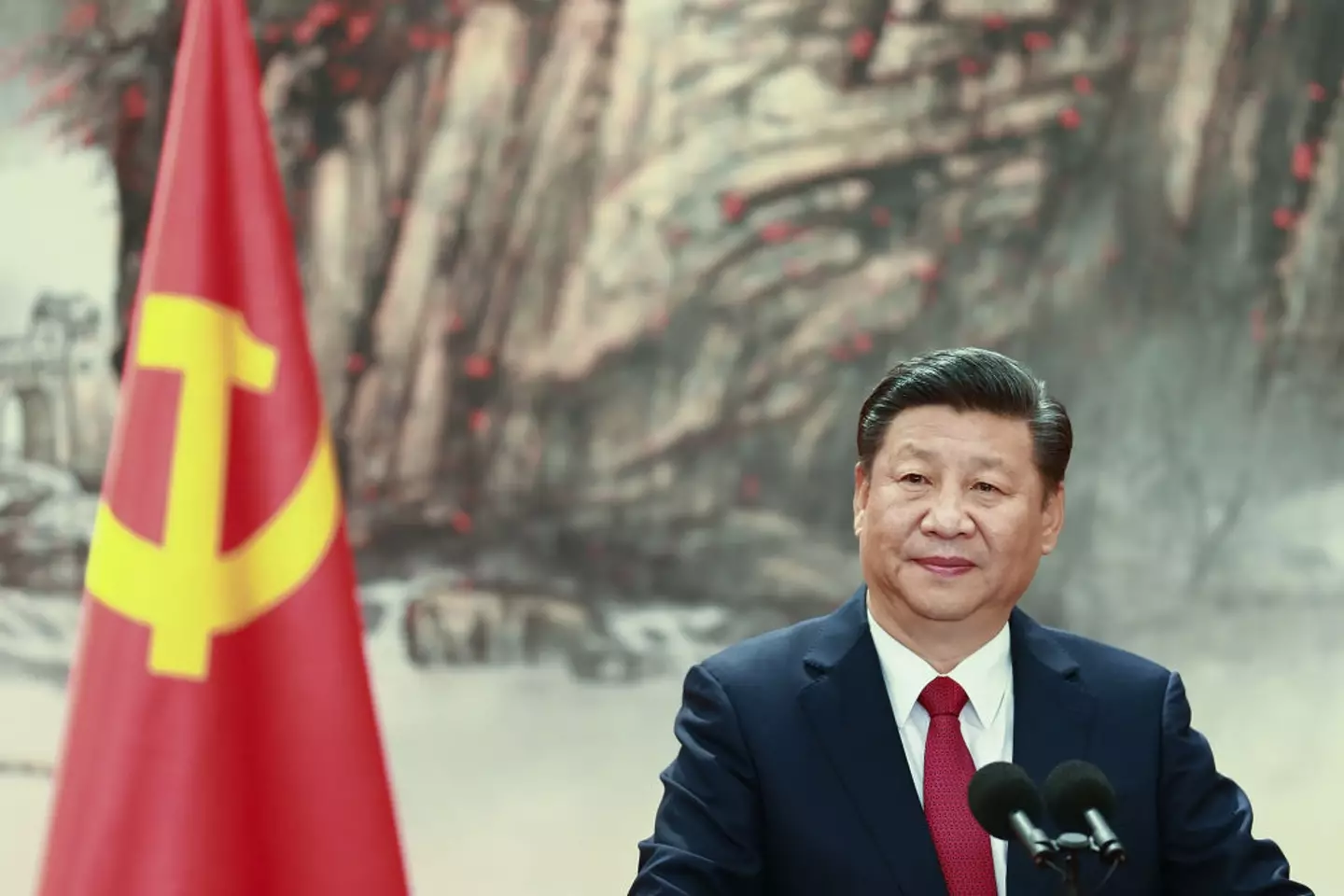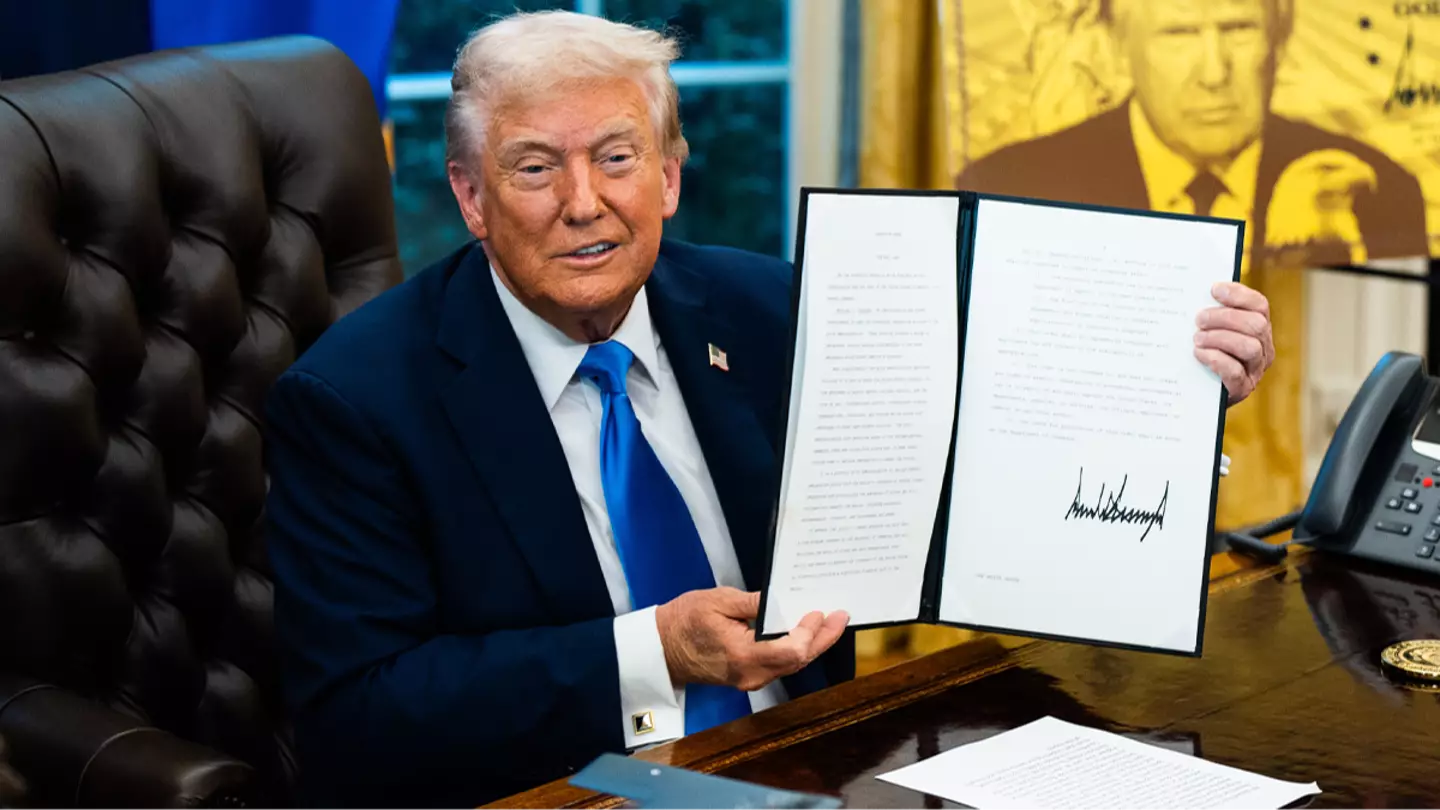Following Donald Trump’s announcement regarding a substantial increase in the cost of a popular US visa, China has issued a response.
The H-1B visa, utilized in the US for skilled workers, especially in tech and medicine, enables companies to employ foreign talent in specialized roles.
This visa is widely used in the technology sector, with Indian nationals being the largest group of visa recipients, followed by Chinese nationals, as reported by the BBC.
On Friday, September 19, Trump made an unexpected announcement that the visa fee would jump from $1,500 to $100,000.
The administration claims that this significant fee increase is aimed at encouraging companies to prioritize hiring domestic workers rather than seeking international talent.
China has now reacted to the announcement with a reserved response.

During a regular press briefing on September 22, Chinese foreign ministry spokesperson Guo Jiakun refrained from directly addressing the issue but stated that China ‘welcomes outstanding talents’.
According to a translation in the Chinese state-run Global Times, Guo remarked: “In the era of globalization, the cross-border flow of talent has driven technological progress and economic development worldwide.”
He further stated: “China welcomes outstanding talents from all industries and fields globally to come to China, take root in China, and jointly promote the continuous progress of human society while achieving personal career development.”
Chinese nationals make up the second-largest group of H-1B visa recipients by nationality, accounting for approximately 12 percent of the total.
Nevertheless, Indian nationals dominate the category, representing around 70 percent of the visa’s recipients.

The visa cost increase has been described as a ‘direct attack’ on Indians seeking employment or education in the US.
Sudhanshu Kaushik, founder of the North American Association of Indian Students, expressed to the BBC: “It felt like a direct attack, because the fees are already paid, so there’s a big sunk cost of anywhere between $50,000 and $100,000 per student – and the most lucrative route to entering the American workforce has now been obliterated.”
Business analysts have also criticized the proposals, suggesting that the heightened costs and the increasing demand for labor could lead US companies to outsource work to other countries instead of sponsoring international workers to come to the US.
The H-1B visa often faces scrutiny from anti-immigration groups, who claim it ‘undercuts’ American workers.

